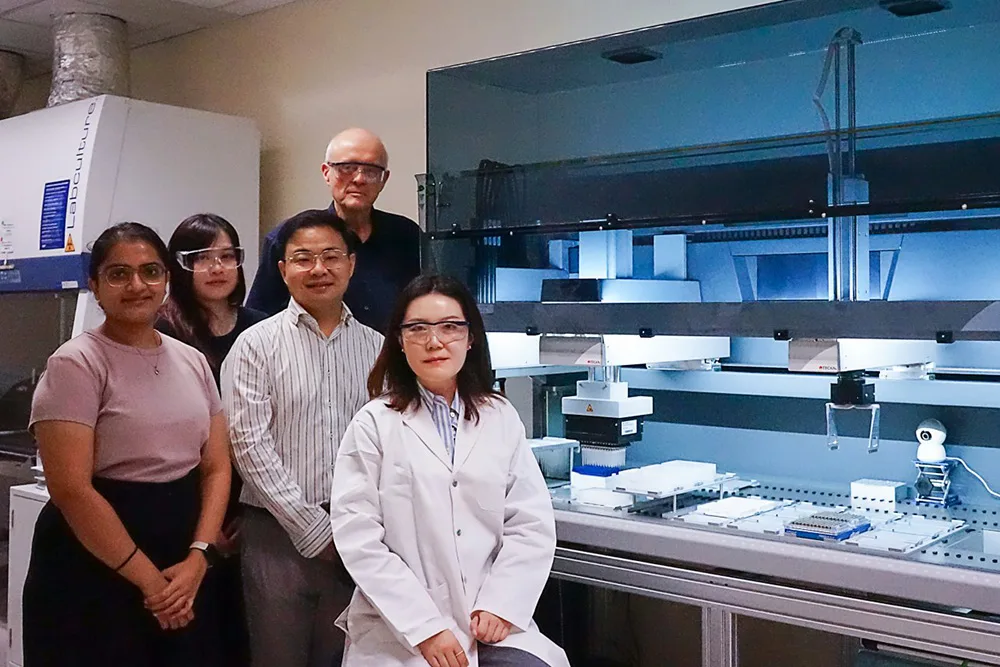Revolutionary Tool for Detecting RNA Modifications Developed
Scientists have unveiled a groundbreaking tool with the ability to rapidly analyze thousands of biological samples. This innovation focuses on identifying transfer RNA (tRNA) modifications, which are subtle chemical alterations in RNA. These modifications play a vital role in regulating cell growth, how cells adapt to stressors, and their reactions to diseases, including cancer and antibiotic resistance.
The Significance of tRNA Modifications
tRNA modifications are increasingly recognized as key players in various biological processes. Understanding these modifications can provide valuable insights into:
- Cellular development and growth
- Responses to environmental stress
- Mechanisms of disease progression
- Development of drug resistance
How the New Tool Works
This new tool allows researchers to efficiently screen a large number of samples, significantly accelerating the process of identifying and characterizing tRNA modifications. By quickly identifying these changes, scientists can gain a better understanding of their roles in health and disease.
Potential Applications
The development of this technology has far-reaching implications for several fields:
- Cancer Research: Identifying tRNA modifications associated with tumor growth and metastasis.
- Infectious Diseases: Understanding how tRNA modifications contribute to antibiotic resistance in bacteria.
- Drug Discovery: Developing new therapies that target specific tRNA modifications to treat diseases.
Future Directions
This innovative tool represents a major step forward in the study of RNA modifications and their impact on cellular function and disease. Further research will focus on expanding the capabilities of the tool and applying it to a wider range of biological systems.
Final Overview
The newly developed tool promises to revolutionize the study of tRNA modifications, providing researchers with a powerful means to explore their roles in various biological processes and diseases. This advancement could lead to new diagnostic and therapeutic strategies for cancer, infectious diseases, and other health challenges.




+ There are no comments
Add yours